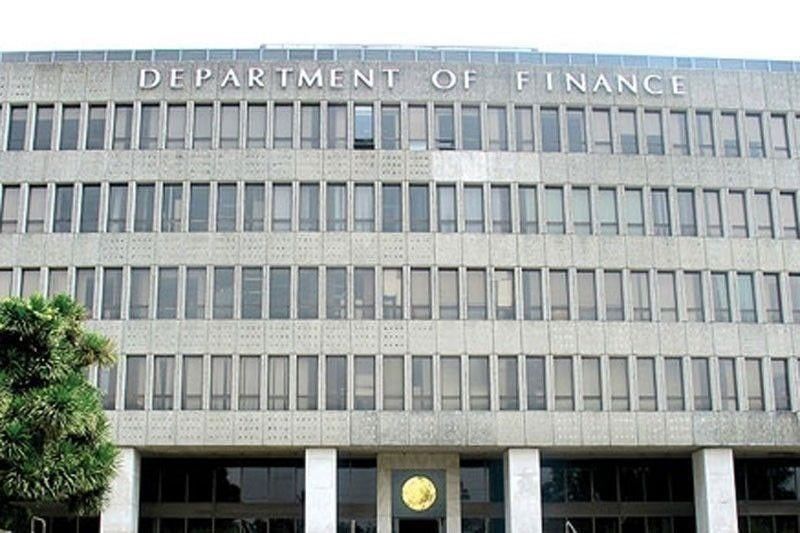DOF bats for sustainable financing

MANILA, Philippines — The Department of Finance (DOF) is pushing sustainable financing as the Philippines has incurred losses and damages amounting to $10 billion over the past decade due to climate-related hazards
In a virtual forum organized by Eco-Business, Finance Secretary Benjamin Diokno said the country continues to incur huge losses despite contributing only 0.3 percent of the world’s greenhouse gas emissions.
“Clearly, climate change is a daily reality in the Philippines. We are therefore determined to be a world leader in this fight against the crisis,” Diokno said.
According to the DOF chief, sustainable finance plays a critical role in driving the country’s shift to climate change adaptation and mitigation practices.
“Climate change is the greatest threat facing humanity today. With its devastating social and economic impacts, it requires urgent action from all levels of society,” Diokno said.
The national government formed the Green Force that is co-led by the Finance department and the Bangko Sentral ng Pilipinas (BSP) to synergize public and private investments in greening the business landscape and mainstreaming climate change through the financial sector.
Earlier this year, the government launched the Philippine Sustainable Finance Roadmap, which strategically lays out the country’s action plan to mobilize financing for climate action initiatives, facilitate investments in climate-resilient public infrastructure, and develop projects that promote sustainable development in the country.
The Philippines recently issued its first-ever sustainability global bonds worth $1 billion, and sustainability samurai bonds worth $600 million.
The Asian Development Bank (ADB) has also extended to the Philippines its first-ever climate change policy-based financing worth $250 million, making the country one of the pioneers in climate policy development financing.
Likewise, Diokno also cited the government’s collaboration with the ADB and private sector partners in developing the Energy Transition Mechanism project, which is the largest emission mitigation program in the world.
“The Energy Transition Mechanism project will help us accelerate the retirement of coal and quicken our transition to clean energy. This comes after the government imposed a moratorium on new coal plants in October 2020,” he said.
In April 2021, the government committed to reduce greenhouse gas emissions by 75 percent by 2030 as its first-ever nationally determined contribution (NDC). It also signed a memorandum of understanding (MOU) on the ASEAN Low Carbon Energy Program.
“This program will be instrumental in our bid to promote inclusive economic growth and reduce poverty incidence in the country through increased green finance flows for low carbon energy and increased energy efficiency,” Diokno said.
The Marcos administration has put climate action at the front and center of the country’s pursuit of a robust, sustainable, and twenty-first century economy.
- Latest
- Trending































